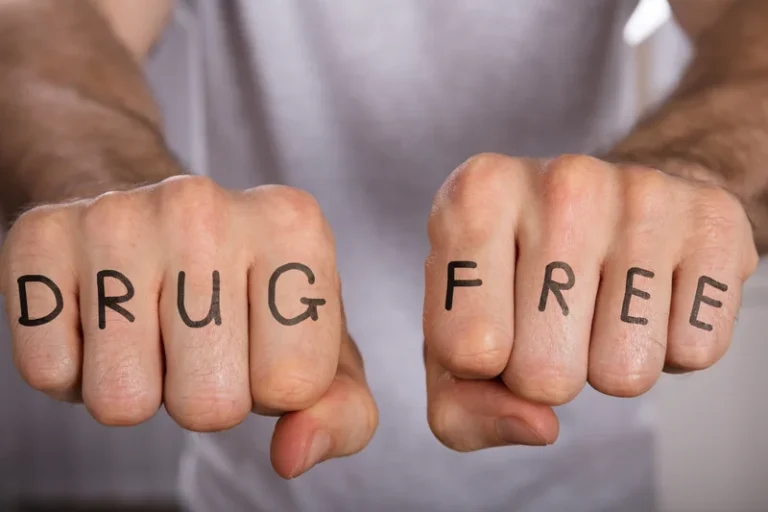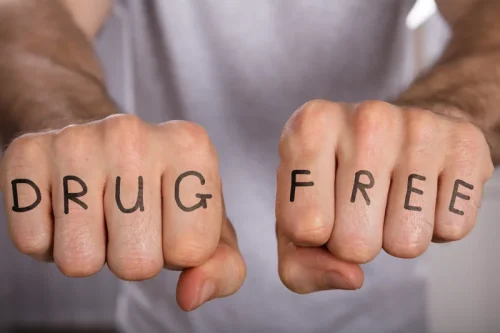
Cognitive Behavioral Therapy (CBT) empowers you by highlighting the direct link between negative thought patterns and self-destructive behaviors. This understanding is not just theoretical—it’s actionable and grounded in extensive research. With CBT, you’re not just uncovering these patterns; you’re actively working to change them. Understanding this cycle is the first step in recognizing the behaviors and thought patterns that might be hindering your journey to sobriety.
What Does CBT Treat?
Addiction, a complex and multifaceted issue, often stems from deeply ingrained thought patterns and behaviors. CBT addresses these root causes, providing individuals with the tools to overcome their dependencies. Research suggests that the skills obtained through CBT are enduring and can also be applied in other areas of an individual’s life as well. Approximately 60% of people who are treated with cognitive behavioral therapy for a substance use problem are able to maintain their recovery for a year. Another aspect of skills training is helping people learn to better tolerate feelings of distress. This way, people can manage their feelings of anxiety or depression in positive ways, rather than turning to substance misuse for a quick fix.

Using CBT for Alcohol Treatment

This kind of therapy is focused on the present and centers on concrete problem-solving strategies. When you can identify these patterns, you start to work with your therapist on changing your negative thoughts into positive, healthier ones. The primary goals of CBT in the treatment of substance use are to improve motivation, learn new coping skills, change old habits, and learn to better manage painful feelings. Automatic negative thoughts are often a root cause of depression and anxiety disorders, which are common co-occurring disorders with addiction. This means automatic thoughts can make someone more likely to abuse drugs and alcohol as well. If you have questions about your coverage, call the number cognitive behavioral therapy on your insurance card to find out more information about your specific plan.

What is Cognitive Behavioral Therapy (CBT) for Addiction Recovery?
In addition, the patient could evaluate evidence from past holidays to compare the consequences and benefits of alcohol use in these settings. By addressing both the cognitive and behavioral facets of addiction, CBT allows individuals to break free from the patterns that perpetuate substance abuse. Over time, they become more resilient to stressors, more confident in their ability to manage cravings, and =https://ecosoberhouse.com/ better equipped to build a fulfilling life without substances. During sessions, therapists help patients learn skills to change maladaptive thoughts and behaviors, leading to improvements in emotional regulation.
- By increasing the individual’s engagement in these activities, the desire for substance use decreases.
- Cognitive behavioral therapists help those in recovery to identify their negative “automatic thoughts.” An automatic thought is based on impulse and often comes from misconceptions and internalized feelings of self-doubt and fear.
- A core component of CBT for addiction treatment is the replacement of negative thought patterns with healthier, positive ones.
- Cognitive Behavioral Therapy (CBT) is one of the most widely used psychotherapeutic approaches and is considered highly effective for treating a range of mental health issues, including substance abuse disorders.
- If you or anyone you know is undergoing a severe health crisis, call a doctor or 911 immediately.
- By better understanding the difficulties that contribute to substance use, people can then look for ways to better manage difficult thoughts, emotions, or situations.
- For patients with strong support from a family member or significant other, the use of this social support in treatment may benefit both goals for abstinence and relationship functioning.
- By addressing both the cognitive and behavioral facets of addiction, CBT allows individuals to break free from the patterns that perpetuate substance abuse.
Consistent across interventions is the use of learning-based approaches to target maladaptive behavioral patterns, motivational and cognitive barriers to change, and skills deficits. CBT is a structured form of psychotherapy that can occur in a relatively short period of time—often between 5 and 20 weekly sessions, generally around 45 to 50 minutes each. CBT usually starts with one or two sessions focused on assessment, during which the therapist will help the client identify the symptoms or behavior patterns that are causing them the most problems and set goals for treatment. In subsequent sessions, the client will identify the negative or maladaptive thoughts they have about their current problems and determine whether or not these thoughts are realistic. If these thoughts are deemed unrealistic, the client will learn skills that help them challenge and ultimately change their thinking patterns so they are more accurate with respect to a given situation. Once the client’s perspective is more realistic, the therapist can help them determine an appropriate course of action.
- CBT teaches those in treatment for a substance use disorder (SUD) to find connections between their thoughts, feelings, and actions and increase awareness of how these things impact recovery.
- Trauma therapy can help you address the traumatic event and process your feelings and emotions surrounding it and stemming from it.
- CBT for SUDs encompasses a variety of interventions that emphasize different targets.
- By engaging with CBT, you’re not just addressing the symptoms of your struggles but tackling the root causes head-on.
- As you embark on this path, know that you’re taking a significant step towards building a more robust, healthier future for yourself.
- In many ways, CBT is a training process, whereby a mental health counselor assists a client in learning how to uncover their own faulty mental and behavioral patterns, correct them, and thus eliminate self-destructive tendencies that they may not have been aware that they were supporting.
Clinical Elements of CBT for SUDs

Oxford Treatment Center is a leading outpatient and inpatient drug and alcohol rehab in Mississippi. Our staff utilizes cognitive behavioral therapy and other treatment modalities to help people recover from substance use disorders every day. Empirical evidence indicates that cognitive therapy has the potential to be an efficacious treatment for alcohol and other substance use disorders, especially with adult patients who present with comorbid mood disorders, and with adolescents. However, improvements in the treatment approach still alcoholism symptoms can be made, most notably via alliance-enhancement strategies that may improve retention in treatment, and more routine incorporation of the “stages of change” model. Cognitive Behavioral Therapy (CBT) offers a range of benefits for individuals dealing with substance abuse. It has been shown to contribute to a reduction in substance use, fostering improved abstinence and a decrease in usage frequency.

American Addiction Centers (AAC) is committed to delivering original, truthful, accurate, unbiased, and medically current information. It is normal to experience emotions like shock and denial if you have experienced or witnessed something terrible. For BIPOC and LGBTQ+ folks, Workman says it is important to work with a therapist who is well-versed on the effects of discrimination, oppression, and inequality and can demonstrate competence in discussing racism, racial trauma, cultural issues, and historical and intergenerational trauma.